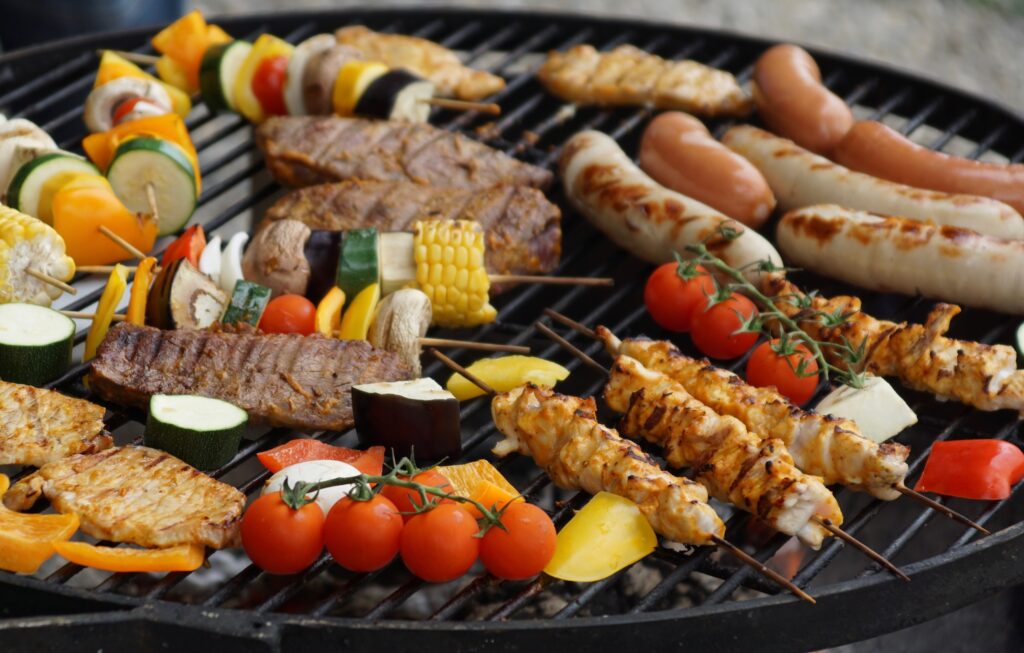Many have spent a long time looking for weight loss strategies. Can nutritionists help with weight loss? The answer will likely not surprise you. Yes, nutritionists can absolutely help with weight loss. You’ll want to keep reading because learning how they can help you will leave you with a practical path forward. Whether whats best for you is to visit with an expert, or to simply learn from their strategies, this post is for you.
How Can Nutritionists Help with Weight Loss?
Nutritionists specialize in healthy eating, which is a very useful skill for anyone trying to lose weight. You might wonder what exactly a nutritionist can do for you. Nutritionists can give you a lot of tips on healthy cooking and snacks and can help you plan your food ahead of time. They have extensive knowledge of the science of food, so telling them about your eating habits might be the help you’re looking for. They should be able to identify harmful eating habits and teach you better eating habits in their place. An important caveat here is to make sure that they are qualified as a registered dietician. Anyone can call themselves a nutritionist, but registered dietitians are nationally certified.

Should I See a Nutritionist?
When it comes to whether or not you should see a nutritionist for weight loss, many factors are at play. Weight loss is a very complex science, and whether or not you see results can depend on physical activity, genetics, stress, and sleep. If you suspect that your diet is playing a major part in preventing weight loss it might be time to see a Nutritionist. Furthermore, it may be covered by your insurance plan to see an RD, so it wouldn’t hurt for you to look into it. Moreover, If you have tried dieting on your own without success it might be helpful to get a fresh and qualified opinion on your situation.

Nutrition Strategies You Can Implement Today
- Consume a variety of entire foods: Try to eat a variety of fruits, vegetables, whole grains, lean meats, and healthy fats. This can supply your body with the nutrients it requires to function properly.
- Practice portion control: Pay attention to serving sizes and avoid overeating by practicing portion management. A licensed dietician can assist you in determining suitable portion sizes based on your specific requirements.
- Limit processed foods: Processed meals are heavy in sugar, salt, and harmful fats, and can lead to weight gain and chronic health problems. Wherever possible, use whole, minimally processed meals.
- Stay hydrated: Maintain adequate hydration levels by drinking enough of water throughout the day. Water-rich meals, such as fruits and vegetables, can also be consumed.
- Don’t skip meals: Skipping meals can lead to overeating and bad food choices later in the day. To assist maintain stable blood sugar levels, aim to consume frequent meals and snacks throughout the day.
- Practice eating mindfully: Mindful eating entails paying attention to your hunger and fullness signs and eating deliberately and carefully. This can help you avoid overeating and make you enjoy your meal more.
- Limit added sugars: Eating too much added sugar can contribute to weight gain and other health problems. Check food labels and attempt to reduce your sugar intake.
- Cook at home: Cooking at home allows you to manage the ingredients in your meals and make better dietary choices. Cook at home as often as possible.
Final Verdict: Can Nutritionists Help with Weight Loss?
In closing, there is no doubt that it can beneficial it can be to visit a nutritionist for weight loss. Remember to find someone who is a registered dietician and can give you qualified advice. Weight loss journeys are not a quick process and it is important to remember that results won’t happen overnight. With patience and good information, everyone should be able to make the changes they want to live their best life. If you are interested in superfoods that can help you get healthier check out The New Superfood: What you need to know about Sea Moss Facts and Benefits.



